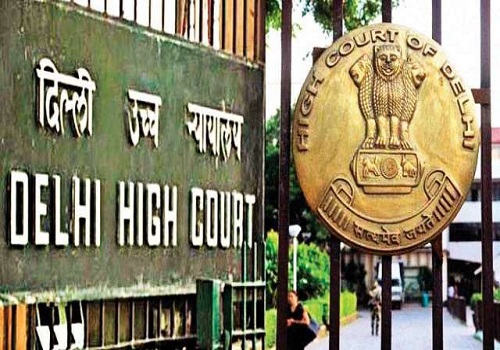Notice u/s 148 or any further notice issued by Income tax officer in the name of deceased person is bad in the eyes of law and void ab initio.
The above judgement was passed by Delhi High Court in case of Savita Kapila v. ACIT Circle 43(1), Delhi dt. 16.07.2020.
Facts of the case:
In the present case Assessing officer found that assessee had made cash deposit, fixed deposit in bank of huge amount for FY 2011-12 but had not filed his return of income.
Notice u/s 148 was issued on the last day of limitation i.e. 31.03.2019 for AY 2012-13 in the name and last address of the assessee.
However, same could not be served. Later, AO served various other notices and no reply was received and then AO sent 133(6) of the act to bank and thereto the same address of assessee was received.
However, they even received a phone number which belonged to the daughter of the assessee and that it when AO got to know that assessee had passed away on 21.12.2018 and the death certificate was uploaded on portal then.
Further, notice for penalty u/s 271(1)(b) was issued for non compliance of earlier notices and after transferring the case to the PAN of legal heir a show cause notice was issued to the legal heir of assessee and finally re-assessment order was issued in the name of legal heir of assessee by making relevant addition.
Assessee’s contention:
1. Since, the order was issued in the name of deceased person after the death of assessee, the statutory requirement for service of notice u/s 148 was not fulfilled as per the settled law.
2. Notice was issued to the legal heir only at the time of show cause and that too after the time limit of 6 years which was after the limitation period. In this regard he relied on various judgements of high court.
3. Legal heir was not under any obligation to intimate revenue about the death of the assessee. Also, the present assessment was not initiated before the death of the assessee and hence not valid.
Revenue’s contention:
1. After the death of assessee the legal representative is liable for all the liabilities of the deceased and therefore it cannot be said that proceedings are void. Further, the legal representative made writ petition after the proceedings were complete.
2. Revenue contended that death of assessee was communicated to it after the limitation period and not before that and hence there was no way that revenue could have known about it. In this regard revenue relied on various judgements of High court.
Ruling:
The High court was of the view that issue raised by revenue were not proper and have been rejected by various High court including the jurisdictional High Court.
Hence, the court didn’t want to unsettle the settled law and accordingly allowed legal heirs case and rejected revenue’s contention.
To download full order CLICK HERE.













